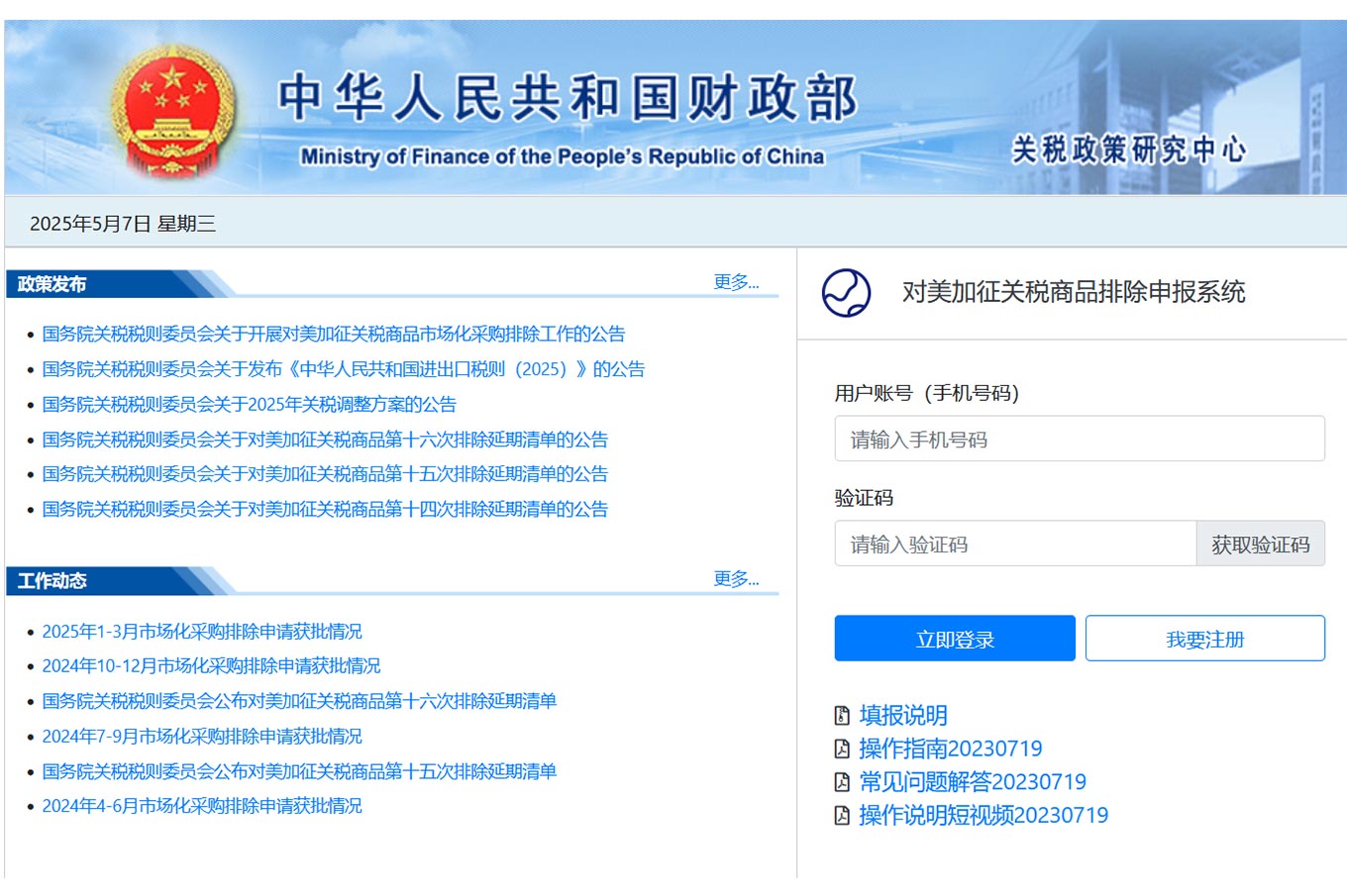- Shanghai Zhongshen International Trade Co., Ltd. - Two decades of trade agency expertise.
- Service Hotline: 139 1787 2118
Against the backdrop of the U.S. government's continued tightening of export controls on China, American tech giants are seeking ways to maintain their operations in the Chinese market, including by launching "castrated" chips with limited performance. Recently, Advanced Micro Devices (AMD) attempted to introduce an artificial intelligence (AI) chip specifically designed for the Chinese market but encountered new challenges. According to a Bloomberg report on the 5th, despite the MI309 chip's reduced performance to comply with U.S. export restrictions, American officials still deemed it "too powerful," preventing AMD from selling the product in China without a special license from the Bureau of Industry and Security (BIS) under the U.S. Department of Commerce.

This situation highlights the challenges faced by technology companies in operating in the global market under the current international political and economic background. In October last year, the Biden administration imposed a new round of export controls on China, aiming to restrict the flow of high - end technologies to China, especially those that could be used for military or human rights - abusing purposes. This move directly affected many US technology companies with significant business in the Chinese market.
At the same time, NVIDIA, as AMD's main competitor, appears to have made quicker adjustments when facing similar restrictions. According to reports, after being subjected to U.S. export controls, NVIDIA has twice launched compliant "China-specific" chips. Although the performance of these chips has been somewhat reduced, they seem to have successfully circumvented U.S. restrictions and continue to be sold in the Chinese market.
This challenge from AMD reveals the plight of US tech companies in the global market, especially in the Chinese market. On the one hand, they need to comply with the laws and policies of the US government, especially when national security has become an increasingly important issue. On the other hand, the huge potential and current market share of the Chinese market are indispensable to them.
In addition, AMDs latest setback also reflects the complexity of US export control policies and their potential impact on the global supply chain. With the continuous changes in technology and international relations, these policies may need to be continuously adjusted and updated to adapt to new market and technological realities.
Although AMD has not commented on this report, and the US Department of Commerce has also declined to comment on specific cases, this incident will undoubtedly trigger broader industry and policy discussions. The industry will closely monitor the next moves of the US government, and how this may affect the business and strategic planning of AMD and other tech giants globally, especially in the Chinese market.
Related Recommendations
? 2025. All Rights Reserved. Shanghai ICP No. 2023007705-2  PSB Record: Shanghai No.31011502009912
PSB Record: Shanghai No.31011502009912










